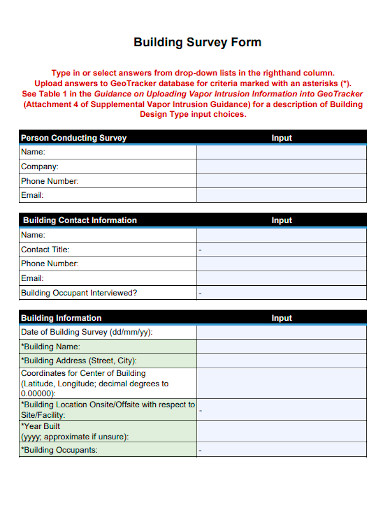In an increasingly interconnected environment, the need for precise and reliable surveying services has never been more critical. As projects cross geographical borders, expert surveyors are stepping up to address the diverse needs of global projects. Whether for infrastructure development, real estate deals, or land use planning, the role of land surveying is key in ensuring accuracy and adherence. Today, we examine why hiring a qualified surveyor is not just advantageous but often necessary for the success of any project that involves land.

From uncovering property boundaries to providing vital data for construction projects, the importance of surveying services can’t be overstated. This article will delve into the myriad aspects of surveying, from what to foresee during a land survey to the latest technological advancements transforming the industry. We will discuss the key reasons to hire a professional surveyor, outline the different types of land surveys, and emphasize the important role these services play in preventing disputes, maintaining compliance, and safeguarding investments. Join us as we navigate the intricate yet fascinating realm of land surveying services and their impact on global projects.
The Significance of Professional Land Surveying
Professional land surveying is vital for defining exact land boundaries and making certain that development projects move forward without issues. When managers and land owners engage certified surveyors, they are not just getting a map of their property; they are obtaining professional insights that lessen risks associated with boundary disputes. Exact surveys offer a clear understanding of property lines, which is necessary for legal ownership and construction planning. Neglecting this step can lead to significant mistakes and legal entanglements down the line.
Additionally, certified surveyors utilize state-of-the-art technology such as GPS and drones to improve the precision of their work. This tech integration allows for more comprehensive assessments of the land, allowing for extensive topographic surveys and precise mapping that are critical in development and land development projects. The expertise that comes with certified surveying ensures adherence with zoning laws and local regulations, which is essential for the successful execution of any project, whether it's housing, business-related, or infrastructure-related.
Moreover, hiring professional surveyors can lead to substantial cost savings. When land developers and homeowners invest in accurate surveying services from the outset, they can avoid unforeseen issues that can arise from inaccurate site assessments. The role of a surveyor extends beyond just measuring land; they provide invaluable advice that can save time, money, and resources in the long run. Proper surveying lays the groundwork for all further development, making it a key element of any successful project.
Types of Real Estate Surveys and Their Applications
Surveys of land come in multiple forms, each serving a distinct purpose in real estate and construction. A property boundary survey is vital for determining the precise legal property boundaries and is frequently used by property owners to avoid disputes with adjacent property owners. Topographical surveys are another type, producing elaborate maps that illustrate the natural and man-made elements of the land, including elevation changes. Building Surveys Croydon South London is important for architects and builders when designing projects that require slope considerations.
Construction surveys, also known as staking surveys, are vital for assisting the placement of structures and ensuring adherence with zoning regulations. These surveys involve marking the precise locations of buildings, roads, or other facilities on the ground. Property contractors often utilize these surveys to provide reliable information, allowing them to manage their projects effectively and smoothly.
Another significant type is the ALTA/NSPS survey, which meets national standards for land surveys, providing a complete view of property ownership and any potential encumbrances. This type is particularly beneficial for business real estate transactions, as it offers detailed information about rights of way, land use, and desirability of the property. Every survey type plays a critical role in facilitating successful land transactions and ensuring that projects follow legal and environmental regulations.
Technological Progress in Land Measurement
New advancements in technology have changed the area of land surveying, boosting both precision and productivity. The incorporation of GPS allows land surveyors to identify coordinates with notable accuracy, making it more convenient to carry out property surveys and topographic assessments. Additionally, unmanned aerial vehicle technology has appeared as a significant advancement, facilitating drone-based surveys that provide extensive views of lands and plots. This ability is especially advantageous for large-scale projects, where conventional methods may be slow and costly.
Moreover, the advancement of 3D scanning technology has improved the way land surveying professionals collect and process data. This method allows for detailed representation of landforms and buildings, which aids in imagery and planning for construction projects. With software advancements, surveyors can handle and analyze data more quickly, providing customers with quick insights and allowing for more informed determinations. These innovations not only streamline workflows but also minimize the chance of faults in the land measurement process.
As the tech landscape continues to progress, the land surveying industry is predicted to see even more improvements. Techniques such as Light Detection and Ranging are more and more being adopted, offering highly accurate data collection methods for ecological and land use management. The ongoing integration of AI and machine learning into land measurement practices is expected to enhance predictive capabilities and enhance project outcomes. Embracing these technological innovations ensures that surveying services remain at the forefront in an ever-changing worldwide environment.
